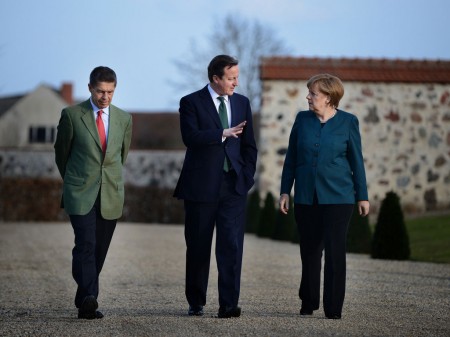
This article was originally published by the European Council on Foreign Relations (ECFR) on 3 March 2017.
What future for Europe does Jean Claude Juncker want?
On 1 March 2017, President of the European Commission Jean-Claude Juncker delivered a White Paper on the future of Europe, which is meant to be discussed by governments and to encourage reflection on the role of the European Union. Later this month the Treaty of Rome will turn 60, but timing and context already indicate that the Commission does not believe any decisions on next steps will be taken until that anniversary is long past. More likely, they will wait for the dust to settle after national elections in the Netherlands, France, and Germany, and discuss the proposals towards the end of 2017.
The paper reads like a run-of-the-mill think-tank report from ten years ago, featuring a hefty dose of disillusionment with EU reform and failed referendums. In fact, the White Paper falls short of laying out any specific plan or recommendations for what to do next. Instead, it provides scenarios that seem to scare the reader about what could happen to the EU over the coming years, while failing to state what might actually trigger the alternative futures it sketches.

